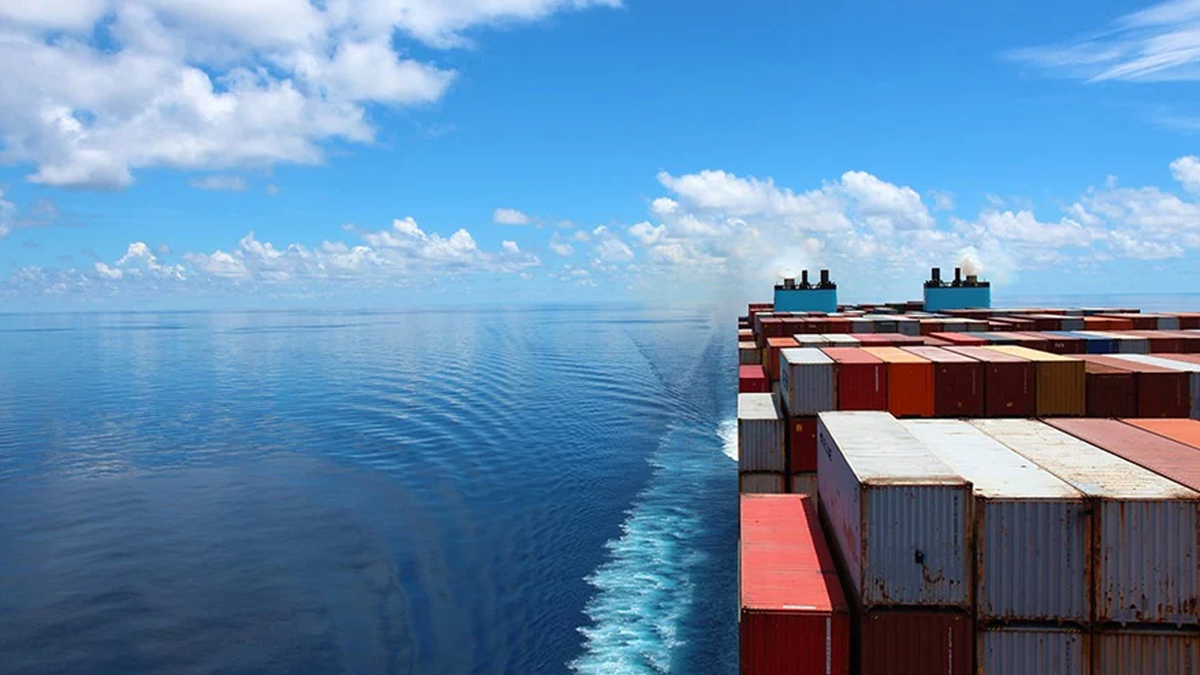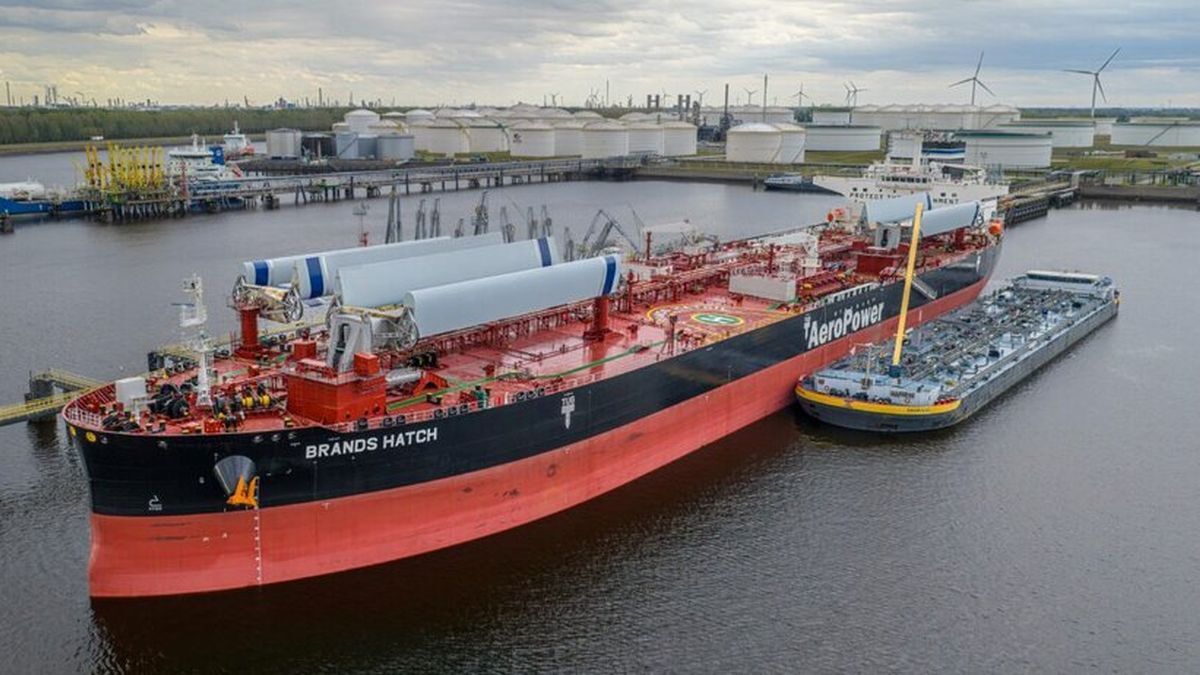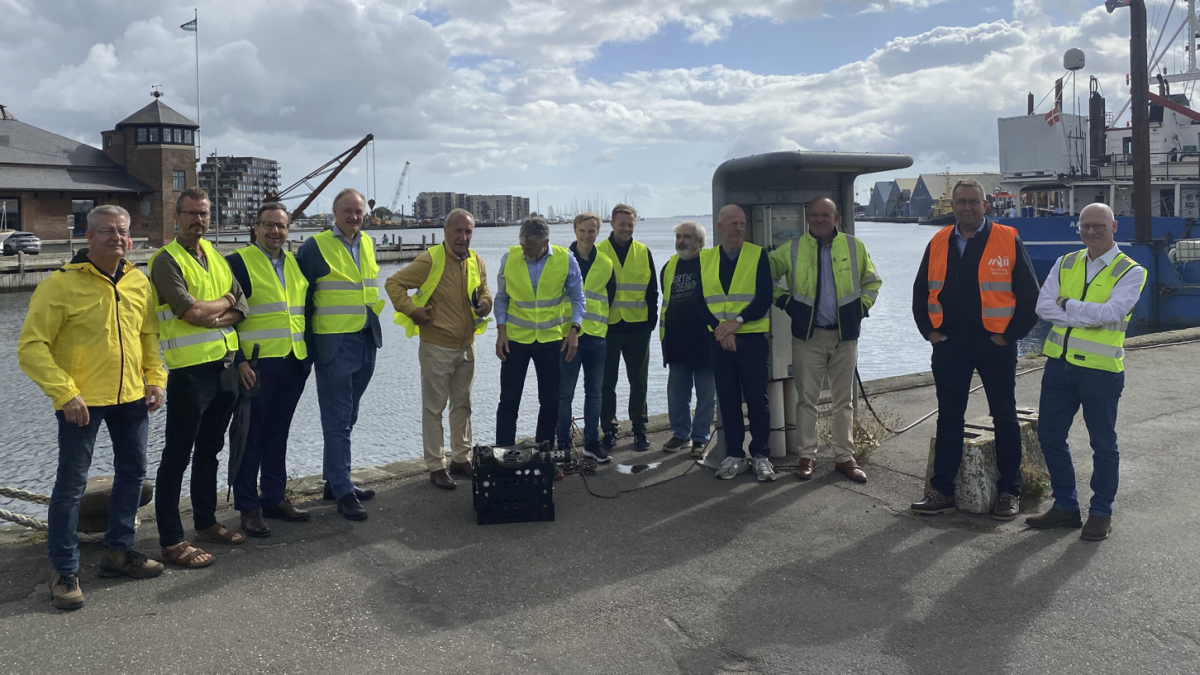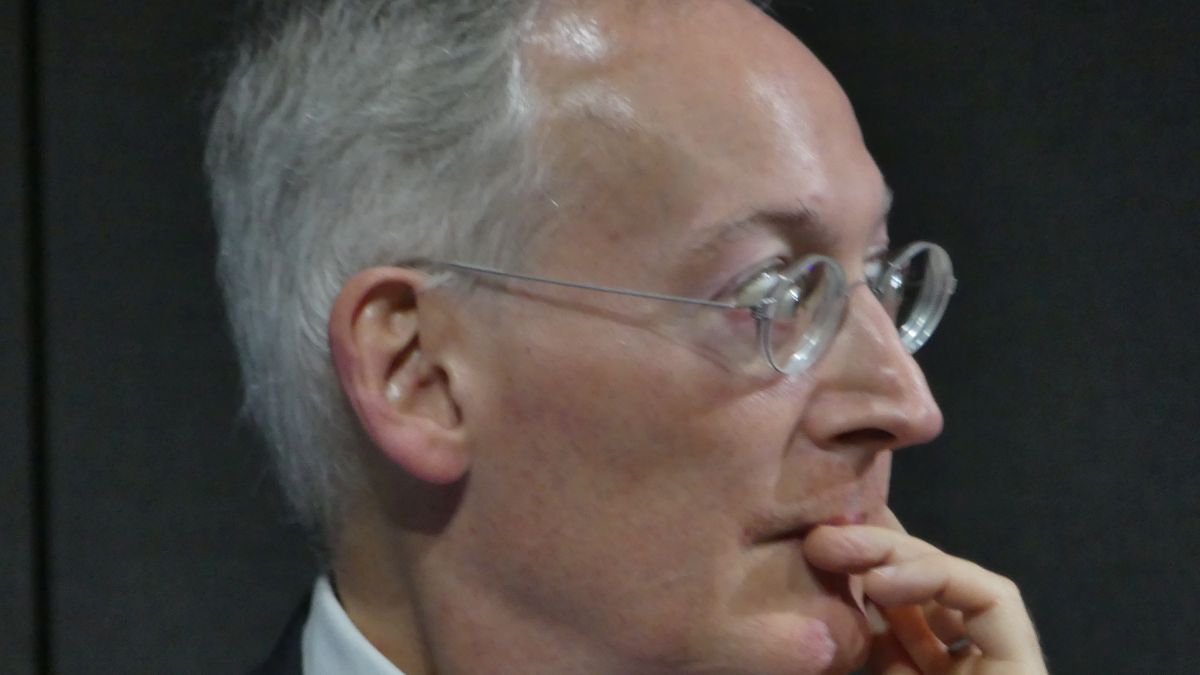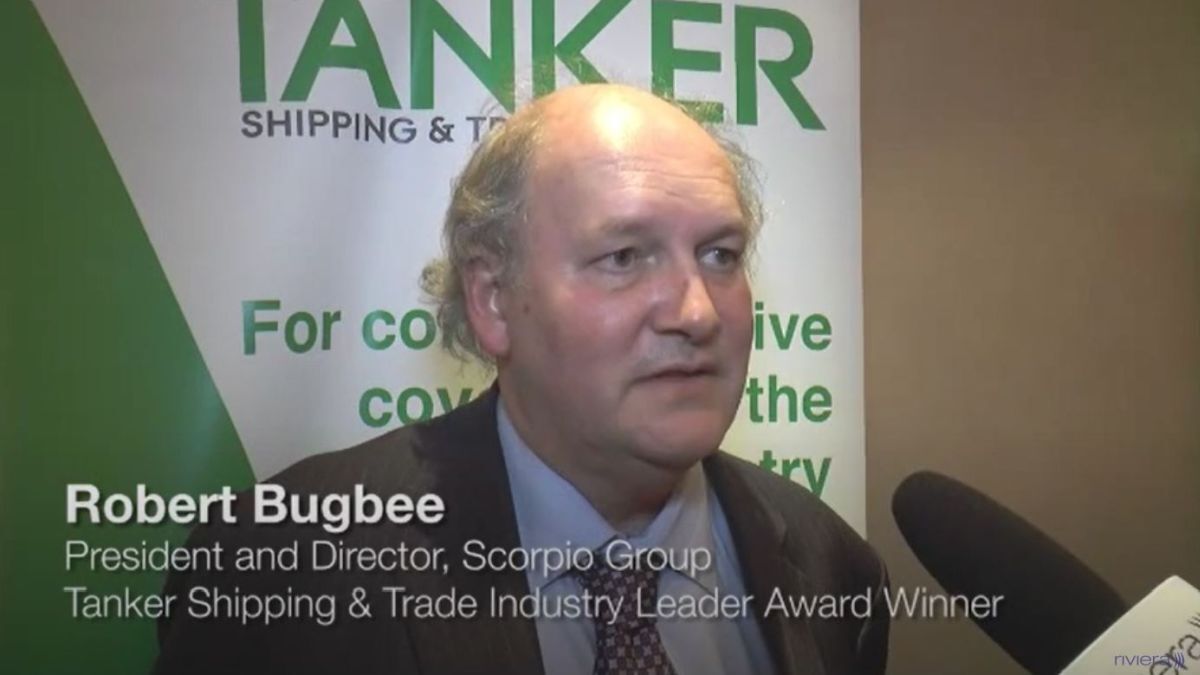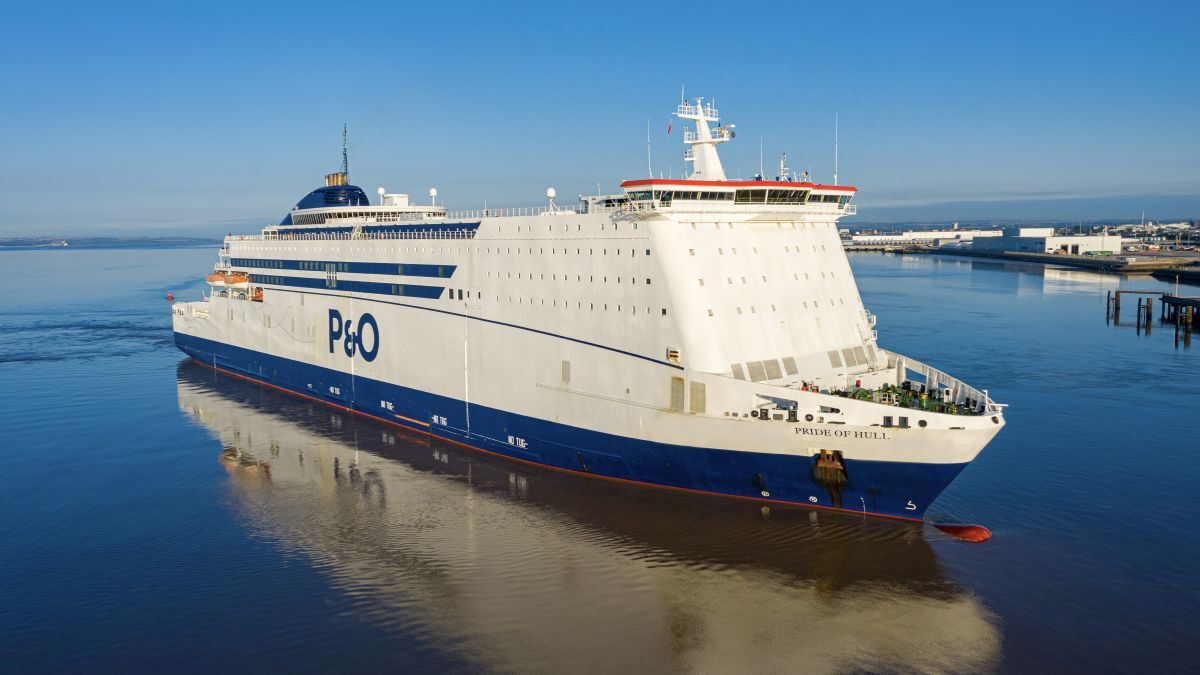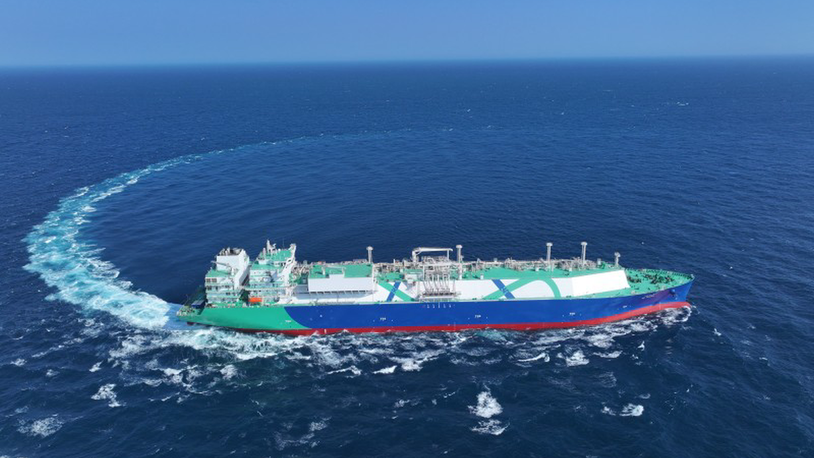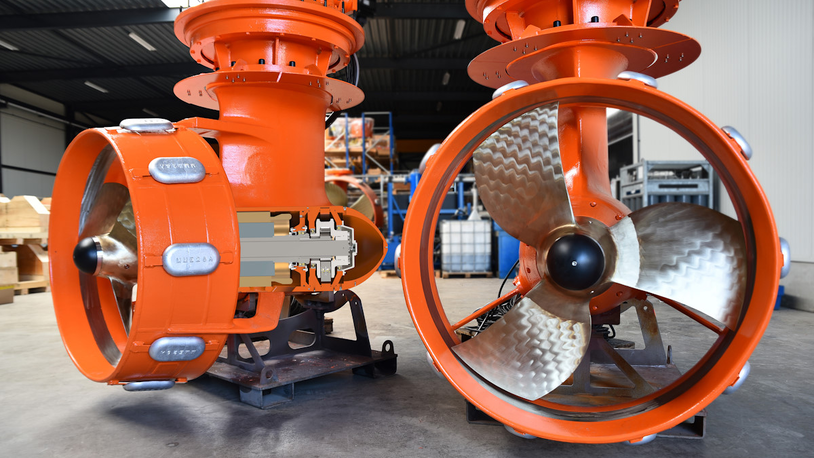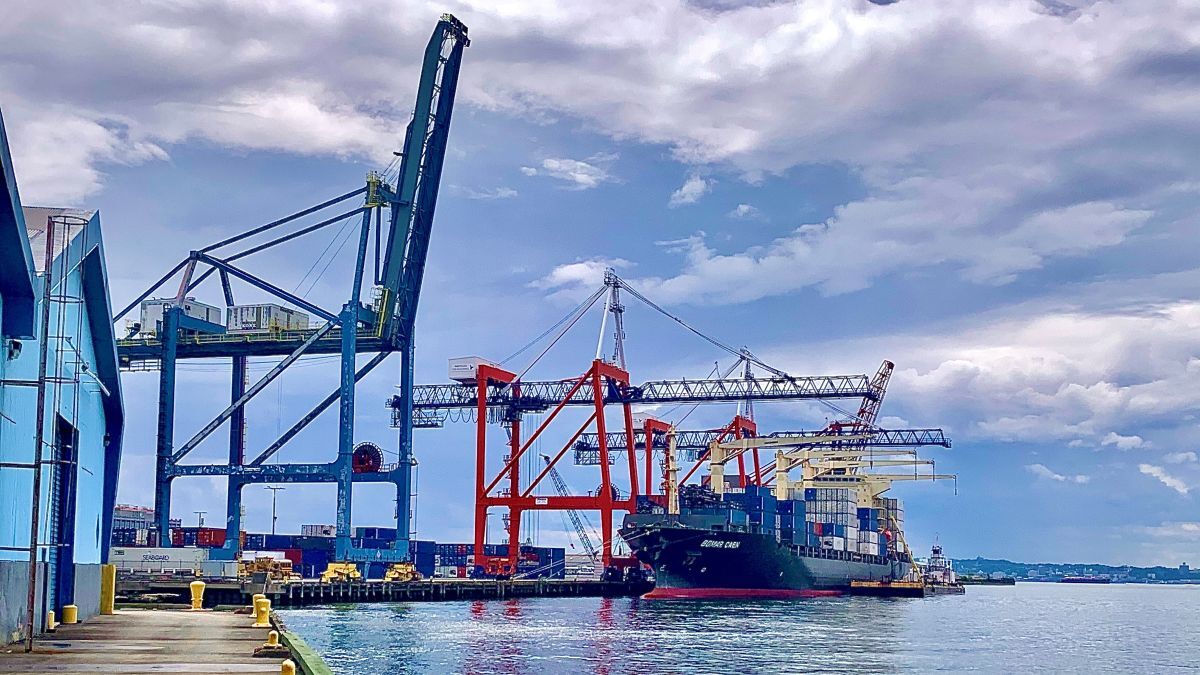Business Sectors
Events
Offshore Wind Webinar Week
Contents
Maersk agrees ninth deal for renewable methanol supply
Letter of intent (LoI) with SunGas Renewables in the US intends for first facility to start operations in 2026
AP Moller-Maersk has signed a green methanol partnership deal with US-based SunGas Renewables to continue its supply chain decarbonisation strategy.
The deal marks the container shipping giant’s ninth strategic fuels agreement since committing to build a mini-fleet of box ships capable of running on green methanol.
Maersk and SunGas agreed the LoI covering the production of green methanol from multiple facilities to be developed by SunGas in the United States, from which Maersk intends to offtake full volumes of green methanol.
The first facility is expected to begin operations in 2026 and have an annual production capacity of approximately 390,000 tonnes.
SunGas is headquartered in Houston, Texas. The SunGas facilities will utilise its flagship System 1000 platform to convert sustainably sourced residues from forestry and wood products industries into green methanol.
Maersk has set a net-zero emissions target for 2040 across the entire business and has also set tangible near-term targets for 2030 to ensure the company makes significant progress toward its goals. The interim targets include a 50% reduction in emissions per transported container in the Maersk Ocean fleet compared with 2020 and a principle of only ordering newbuild vessels that can be operated on green fuels.
Since announcing a contract to build at least a dozen box ships capable of running on green methanol – an order the company has since increased to nearly 20 vessels – Maersk has undertaken a drive to secure quantities of the fuel through investment and partnerships with companies and governments around the world.
- Maersk signs green methanol deal with Spanish Government
- Maersk continues methanol market building with Chinese partnership
- Maersk targets Egypt for renewable energy-driven marine fuel production
- Maersk agrees green methanol deals with Proman, Ørsted
- Maersk makes second move to secure methanol
- New e-methanol facility to supply Maersk’s carbon-neutral box ship
In spite of the company working to establish seven strategic partnerships around supply of green methanol, Maersk still lists fuel availability, supply levels and price as primary challenges for its plans to decarbonise.
"The availability of green energy and fuels in sufficient quantities and at cost-competitive price levels remains the main challenge for the decarbonisation of global shipping. Maersk alone needs approximately 6M tonnes of green methanol per year to reach its 2030 milestone fleet emissions target and even larger amounts by 2040 for its fleet to reach net zero," Maersk said.
Maersk has calculated the 19 vessels capable of running on green methanol that are scheduled to be in operation between 2023-2025 will require approximately 750,000 tonnes of green methanol.
"We are living in a climate emergency, and we need to rapidly accelerate the availability of green future fuels. We are very pleased to explore green fuel opportunities with the Spanish Government, as the country holds key characteristics to help solve this challenge with its great hydrogen ambitions and aspiring sustainability goals. At the same time, Spain encompasses significant renewable resources and is placed along key shipping routes," Maersk chief executive Soren Skou said.
Sign up for Riviera’s weekly series of technical and operational webinars and attend our conferences in 2023:
- Register to attend by visiting our events page.
- Watch recordings from all of 2022’s webinars in our webinar library.
Related to this Story
Events
Offshore Wind Webinar Week
Maritime Decarbonisation, Europe: Conference, Awards & Exhibition 2025
Offshore Support Journal Conference, Americas 2025
© 2024 Riviera Maritime Media Ltd.


